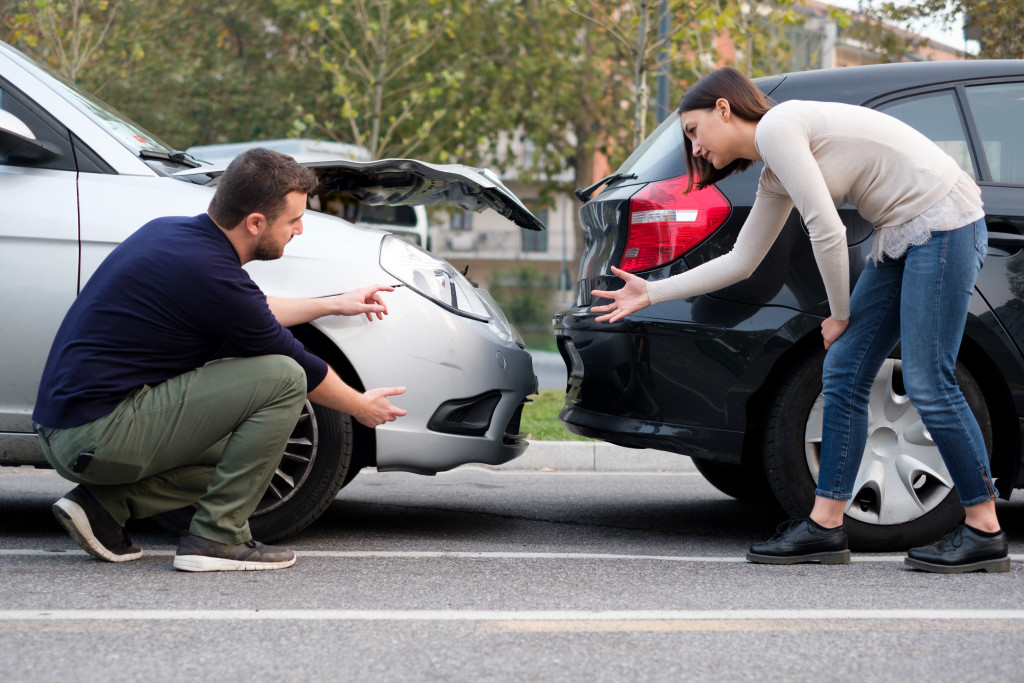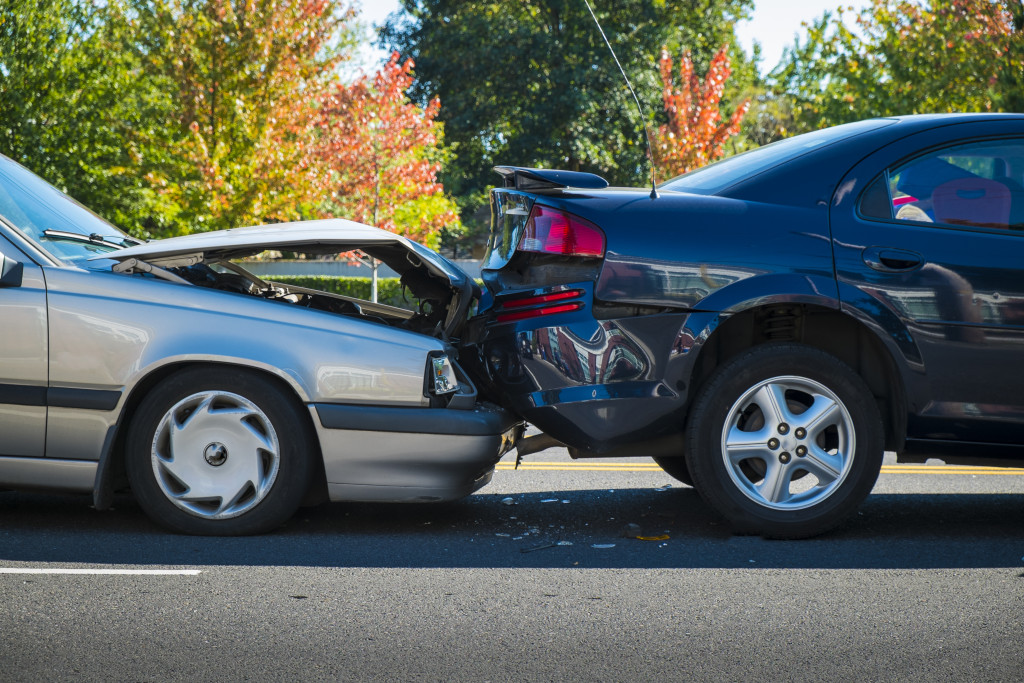- Car crashes claim around 35,000 lives annually and injure 2.5 million people in the U.S. due to distracted driving.
- Accidents pose significant economic burdens on communities, including loss of business, higher insurance premiums, and rising healthcare costs.
- Car crashes increase health and safety risks, potentially leading to chronic health issues, environmental hazards, and poorer air quality.
- Communities face legal and regulatory challenges post-accidents, including legal proceedings, policy changes, and increased enforcement measures.
- Steps to reduce accidents include improving road conditions, driver education, and establishing quick response plans for emergency services.
Car crashes are an unfortunate reality of modern life. Every year, thousands of people die in accidents on our roads, while millions suffer severe injuries and property damage. However, the impact of these incidents is not limited to individual victims and their loved ones. Car crashes can have far-reaching effects on entire communities, from economic costs to long-term health and safety issues. Here’s what you need to know about car crashes in the country, how they can affect your community, and ways to deal with them.
Car Crashes in The U.S.
It’s estimated that there are about 35,000 fatal car accidents this year. The numbers continue to rise, with an additional 2.5 million people being injured due to car crashes each year. Distracted driving is one of the leading causes of these incidents, accounting for nearly 10% of all fatalities. This means inattentive drivers are more likely to be involved in an accident than those focused on safely operating their vehicle. Here are various ways it affects your community:
1. Economic Impact
Car crashes can significantly impact local economies, mainly where tourism or transportation is a primary industry. Crashes on significant highways or downtown areas can lead to traffic delays, road closures, and increased emergency service demands. These disruptions can cause a ripple effect throughout the community, from lost business revenue to increased insurance premiums and healthcare costs. Car crashes cost the U.S. economy an estimated $242 billion each year, according to the National Highway Traffic Safety Administration (NHTSA).

2. Health and Safety Risks
Car crashes can also pose serious health and safety risks to individuals and communities. In addition to the immediate physical injuries victims suffer, crashes can lead to long-term health problems, such as chronic pain, mental health issues, and increased substance abuse risks.
In some cases, crashes can create safety hazards for neighborhoods and communities, such as broken utility poles, gas leaks, or hazardous material spills. Furthermore, increased traffic congestion and pollution from car crashes can contribute to declining air quality and overall community health.
3. Legal and Regulatory Challenges
Following a car crash, communities may face various legal and regulatory challenges, from determining fault and liability to investigating and prosecuting criminal offenses.
This can significantly burden local law enforcement agencies, courts, and legal professionals and contribute to longer wait times for victims seeking justice. Furthermore, communities may have to grapple with the broader legal and policy implications of car crashes, such as proposed changes to traffic laws, increased enforcement measures, or changes in insurance policies and regulations.
4. Social and Emotional Toll
Finally, car crashes can take a social and emotional toll on communities, mainly involving multiple fatalities or high-profile incidents. Beyond the immediate grief and trauma experienced by victims and their families, car crashes can also trigger fear, anxiety, and a general sense of vulnerability within communities. This can impact people’s sense of safety and well-being and may increase the demand for mental health services and support programs.
Ways to Decrease Car Crashes in Your Community
You can decrease the number of car crashes in your community in various ways. Here are three ways:

Fix Your Roads
One of the leading causes of car crashes in the U.S. is poor road quality, including potholes, limited visibility, and other structural hazards. Make sure to regularly inspect your roads for any signs of wear and tear, as this can help reduce the number of accidents in your community. Additionally, hire experienced asphalt contractors to work on your roads. These contractors can repair damaged roads and help create a safer driving environment.
Educate Drivers
Educating drivers about safe driving practices is essential to reducing the number of accidents in your community. This may include distributing information on distracted, aggressive, and impaired driving or providing additional driver training programs. Use public service announcements to spread awareness about road safety and the consequences of irresponsible driving.
Create a Faster Response Plan
Having a faster response plan in place can help reduce the impact of any car crashes that do occur. This may include having local law enforcement and emergency services pre-deployed in certain hotspots or improved communication protocols between agencies. Additionally, ensure adequate medical resources are on standby should victims need immediate medical attention.
All of these steps can help reduce the number of car crashes in your community and create a safer environment for everyone. By taking proactive measures, you can do all you can to keep your community safe.

